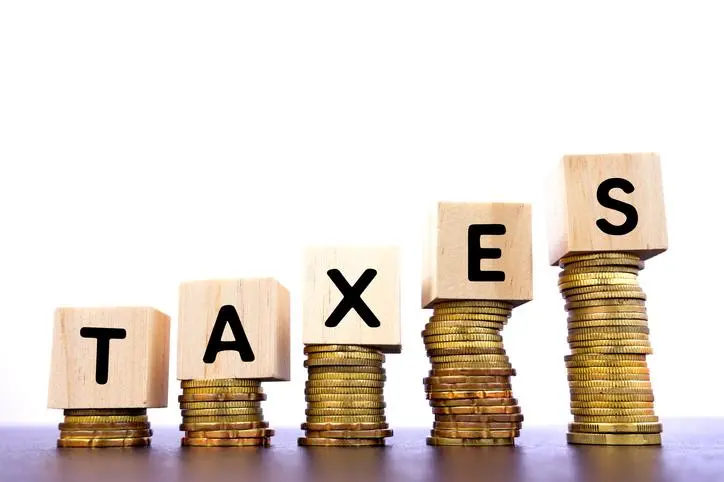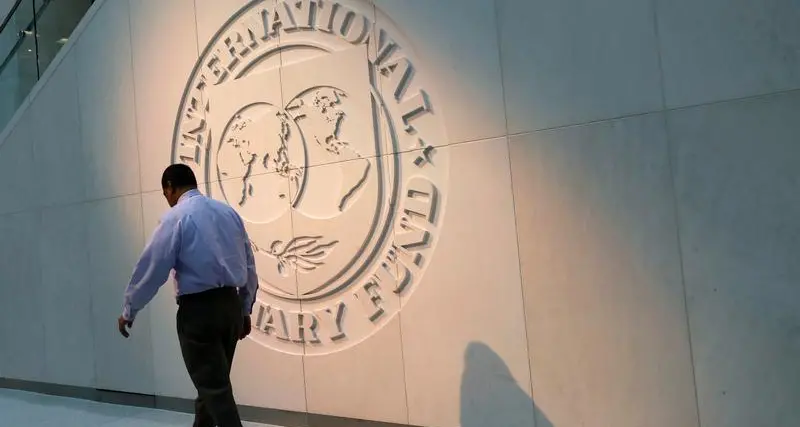PHOTO
UAE - Following the imposition of value-added tax (VAT) and excise tax, the UAE and other GCC countries could potentially levy taxes on business profits, remittances, entertainment, wealth and family dependents of expats in next few years to expand their revenues, tax experts say.
They believe that the new taxes will be on the lower sides in line with recently introduced VAT between 5 and 15 per cent.
Anurag Chaturvedi, senior director, Crowe Horwath, sees corporate tax and withholding tax are the next in line in the UAE and Bahrain and will be levied in the range of 10 to 15 per cent.
Currently, GCC member states - except the UAE and Bahrain - are imposing corporate tax between 10 and 20 per cent and withholding tax in likes of 10 per cent. At present the UAE and Bahrain impose corporate taxes only on oil and gas companies and subsidiaries of foreign banks as per income slab.
"I expect corporate tax to come in effect by 2020 to generate additional revenue for the government to execute various projects of public interest at the outset of expo," said Chaturvedi.
Naveen Sharma, chairman, The Institute of Chartered Accountants of India (Dubai Chapter), believes that as the UAE and GCC steadily moving towards tax regime, the next stage could see introduction of corporate tax, securities transaction tax, professional tax, gift tax and wealth tax but all these taxes will be introduced in due course based on health of the economy and will be very low in line with recently-introduced value-added tax (VAT).
Mayank Sawhney, director, MaxGrowth Consulting, expects corporate tax will be the next in line and could be implemented in 3 to 7 years period.
"If we take Oman (which levies corporate tax) and the UAE (which levies corporate tax on certain industries) as a precedence, the corporate tax rate in GCC countries could be imposed somewhere in the range of 10 to 20 per cent of annual business profits," said Sawhney.
"We also expect some GCC countries to start imposing Zakat and Dependent's Tax on expats, similar to Saudi Arabia, over next 5-10 years. We also may see tax on remittances by some GCC countries over next 3-7 years," he said, adding that personal income tax unlikely to be levied in most of GCC countries in the near future, but some regional bloc members could impose tax on personal income over the next 5 to 15 years to fill fiscal deficit gaps.
According to Sawhney, the contribution of taxes to GDP of respective GCC countries is expected to be much lower than the global averages, as the GCC countries would aim to keep the rate of these taxes on relatively lower side. However, it is still going to be quite significant for the government revenues of all GCC countries, who are expected to be transiting from a literally tax free environment to a moderate tax environment over the course of next few years.
Obaid Al Tayer, UAE's Minister of State for Financial Affairs, earlier this month ruled out increasing VAT rate but said that the ministry is working on corporate tax but it's an early stage of preparatory work.
Indirect tax
On indirect taxes, Sawhney foresees that those GCC countries which have not yet imposed VAT or excise tax are expected to impose the same shortly.
"In addition, we also may see the GCC countries to start charging additional indirect taxes in form of knowledge fee, housing fee, education cess etc, to augment revenues. We may also see some GCC countries imposing property taxes on the owners of real estate properties in their respective countries."
Anurag Chaturvedi sees stamp duty tax could be introduced in GCC, too.
ICAI Chairman Naveen Sharma states that wherever VAT is implemented, usually, governments do not impose any other form of indirect taxation. However, there are some exceptions like securities transaction tax which is mainly imposed on capital market and entertainment tax which is imposed on some forms of entertainment or luxury tax can also be implemented.
According to Anurag, the UAE will take lead in introducing the new taxes but Mayank Sawhney expects Saudi Arabia to take the lead to implement new taxes.
Copyright © 2018 Khaleej Times. All Rights Reserved. Provided by SyndiGate Media Inc. (Syndigate.info).












